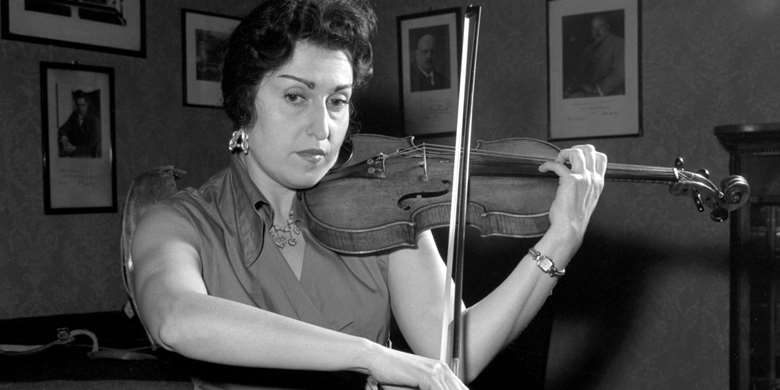The violinist Ida Haendel has died
Wednesday, July 1, 2020
Born December 13, 1928; died July 1, 2020

Register now to continue reading
Thanks for exploring the Gramophone website. Sign up for a free account today to enjoy the following benefits:
- Free access to 3 subscriber-only articles per month
- Unlimited access to our news, podcasts and awards pages
- Free weekly email newsletter








